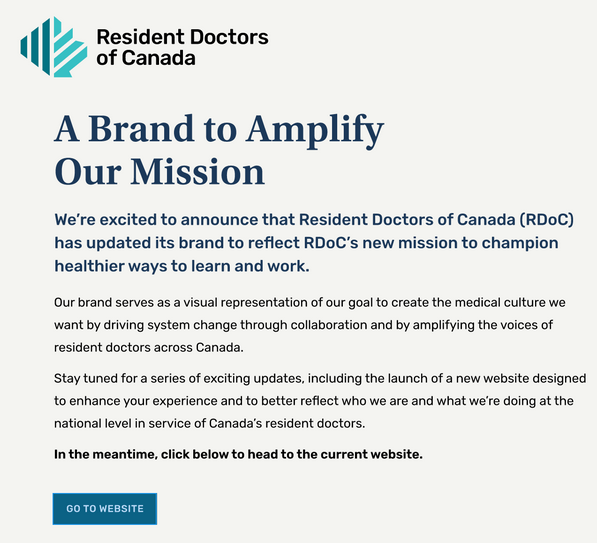PGY-1 Family Medicine – University of Ottawa
ResidentFamily Medicine University of Ottawa
February 2016
About Me
Hi! My name is Aaron Wong and I’m a PGY–1 family medicine resident at the Riverside Hospital in Ottawa. I recently moved from Calgary where I did medical school.
I chose family medicine because it offered flexibility and variety. I knew that I wanted to see the full scope of medicine and that I wanted to be able to work anywhere in both academic and community settings. Family medicine is also really satisfying because physicians get to develop deeper connections with patients and share in their success. I also liked how trainees can develop special interests during residency by having the option to complete an extra year in a variety of sub-disciplines.
Clinical Life
What does a typical day of clinical duties involve?

What kinds of rotations are required in your program?
In PGY–1 at Riverside Hospital residents do a mix of family medicine, emergency medicine, internal medicine, hospitalist, geriatrics, pediatric inpatients and emergency, rural medicine, and longitudinal obstetrics. During the family medicine blocks we also have specialty clinics in small procedures, dermatology, psychiatry, internal medicine, sports medicine, and women’s health. PGY–2 is similar to PGY–1 but there is also a dedicated block for psychiatry work and more electives.

Which of your personality characteristics have been particularly helpful in your field?
I think being curious about many different fields of medicine helps make a good family medicine resident. Every day we are challenged with patients who can present with anything. It also helps to have a sense of humour and humility – we can’t know everything about everything, and so it’s important to be able to acknowledge when we need help from our specialist friends.
What are the best aspects of your residency?
I get to see the full scope of medicine. We have a friendly group of residents and staff who make residency enjoyable. We also collaborate and learn from specialists at my training site.
What are the most challenging aspects of your residency?
I think the scope of family medicine can be daunting initially. As residents we learn to troubleshoot problems that can be diagnostically unclear or more socially complex. The training program is also shorter (two years), so we need to start thinking about our careers earlier.

What is one question you’re often asked about your residency?
“Do you have a life in residency?” In family medicine there is good work-life balance. I also am asked if I feel ready to practice – it’s hard to say as I’m currently in PGY–1, but the PGY–2s tell me they feel ready!”
Can you describe the transition from clerkship into residency?
Initially it was strange to introduce myself as “doctor.” The level of responsibility is also increased as patients look to us to make the decisions, and staff will have residents justify their case management – but it is really rewarding to see patients as their doctor, and a resident learns a lot quickly. The transition was pretty seamless and I felt well supported.
What are your future practice plans?
For the first few years I’m hoping to locum in rural and urban areas to experience different styles of practice. Eventually it would be nice to join a health team with a specific interest in doing hospitalist/palliative care. Teaching on an inpatient service would also be fun to do.
What are your fellow residents like and how much do you interact with each other?
It’s easy to bond with one’s co-residents because we see each other in the clinic and during teaching sessions. My program is diverse. We have residents from all over Canada (and internationally) with a variety of backgrounds. We are a very friendly group with a lot of interesting talents outside medicine. The group is quite social. After clinic we go for coffee, study together, explore the outdoors, and have resident retreats.
Non-Clinical Life
What are your academic interests (e.g. leadership activities, research)?
I love teaching and at my training site I have the opportunity to work with medical students and clerks. I’m also the lead on a research project in palliative care that keeps me very busy. In addition, I’ve joined committees in my program and with RDoC.
What is your work-life balance like, and how do you achieve this?
My work-life balance is excellent. Resilience is valued in my program and we have a committee of residents that works to create coffeehouse events and exercise classes, and helps residents find mentors. There is still a lot of work to do in residency, but I have time for extracurricular interests and relaxing with friends and family.



